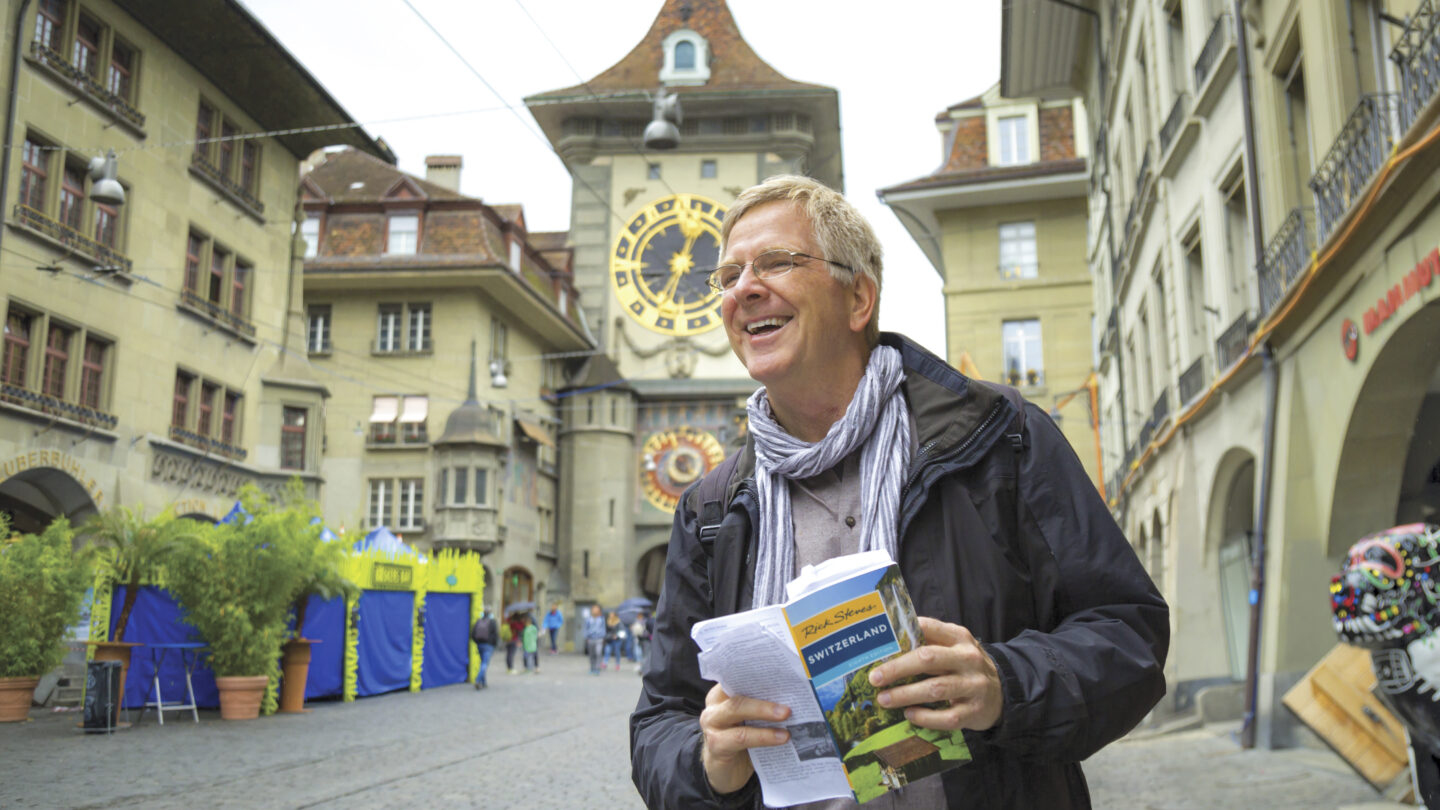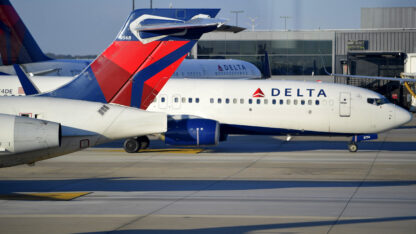ATL Up and Away: Travel Tips with Rick Steves

Atlanta is home to the world’s busiest airport offering abundant domestic and international flights. Although some of us have put travel on hold during the past few years, industry experts predict a considerable increase in leisure travel over the months ahead. If you are among those eager to travel, we can help you prepare for your next adventure with our new recurring series: “ATL Up and Away: Travel Tips with Rick Steves.” Rick Steves is the very popular public television and radio host, bestselling guidebook author and activist who encourages people to broaden their perspectives through travel. Each month, Rick will join “City Lights” as our travel contributor, and share his advice on making the most out of your time away from Atlanta.
On Rick Steves’ inaugural segment, he spoke on one of his all-time favorite topics: travel to Europe. Though Steves endorses travel for its own sake, whatever the destination, he offered his opinion that for Americans, “Europe is the wading pool for world exploration.” Steves added, “I just think you go there first, and then if you have a good time, that’ll be your springboard for venturing farther.”
For Steves’ first travel tip, he traced the history and principles behind the European Union. The continuity of cooperating nations in Europe creates a great advantage for travelers: a single currency, free trade, and ease of movement across borders. But how did Europe forge these interconnected relationships among its patchwork of once-warring countries? “I think more fundamentally than economics, Europe was formed so they would weave their economies together and not have more wars. You see, historically, it’s been France and Germany fighting each other all the time, and now, France and Germany’s economy has been woven together, and a war between them is pretty much unthinkable,” Steves explained. “But imagine in 1947 – that’s when the EU started happening – caring people, society’s leaders, surrounded by the rubble of a bombed-out Europe, thinking, ‘This is insanity. We’ve gotta think out of the box. We’ve got to do something dramatic, so our children aren’t going to be digging out again as we have now, twice in our lifetimes after World War I and World War II.”
Travelers can be grateful that they did because the relative stability and efficiency of the European Union make it a far easier prospect for explorers to see, hear, taste and experience the cultural cornucopia of the region. Though the EU has recently been challenged by accelerated inflation, like the U.S., it does offer one advantage. Steves explained, “What softens that challenge for us travelers, when it comes to how far our dollars will stretch, is [that] the dollar is really strong on the Euro right now… A Euro costs a dollar and 7 cents. It’s almost par, and that just means that prices are pretty good in Europe. At least, you won’t feel the inflation like the locals do.”
“ATL Up and Away: Travel Tips with Rick Steves” will recur monthly, with stories, advice and pearls of wisdom gleaned from Rick Steves’ decades of adventures across the globe.







